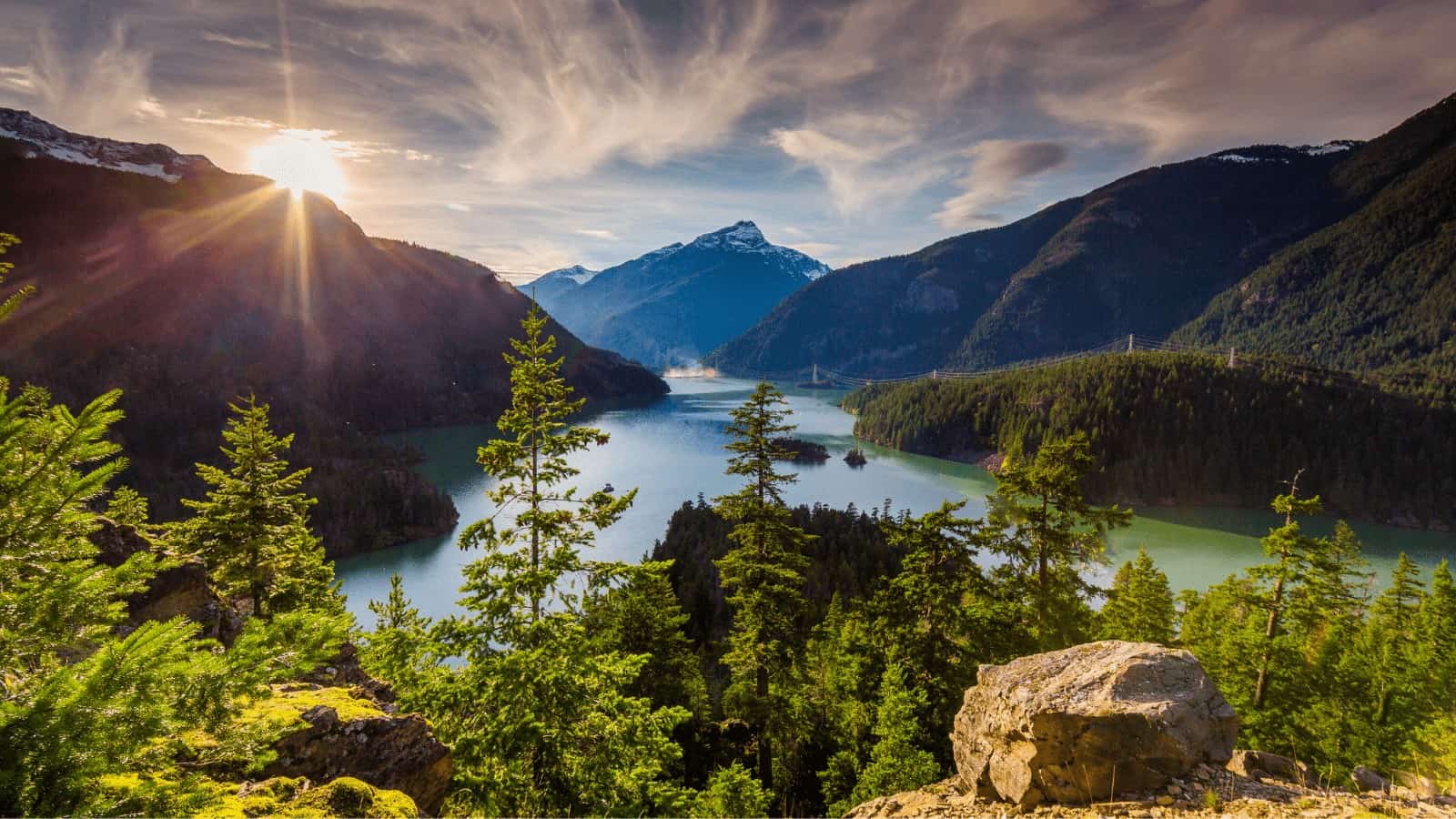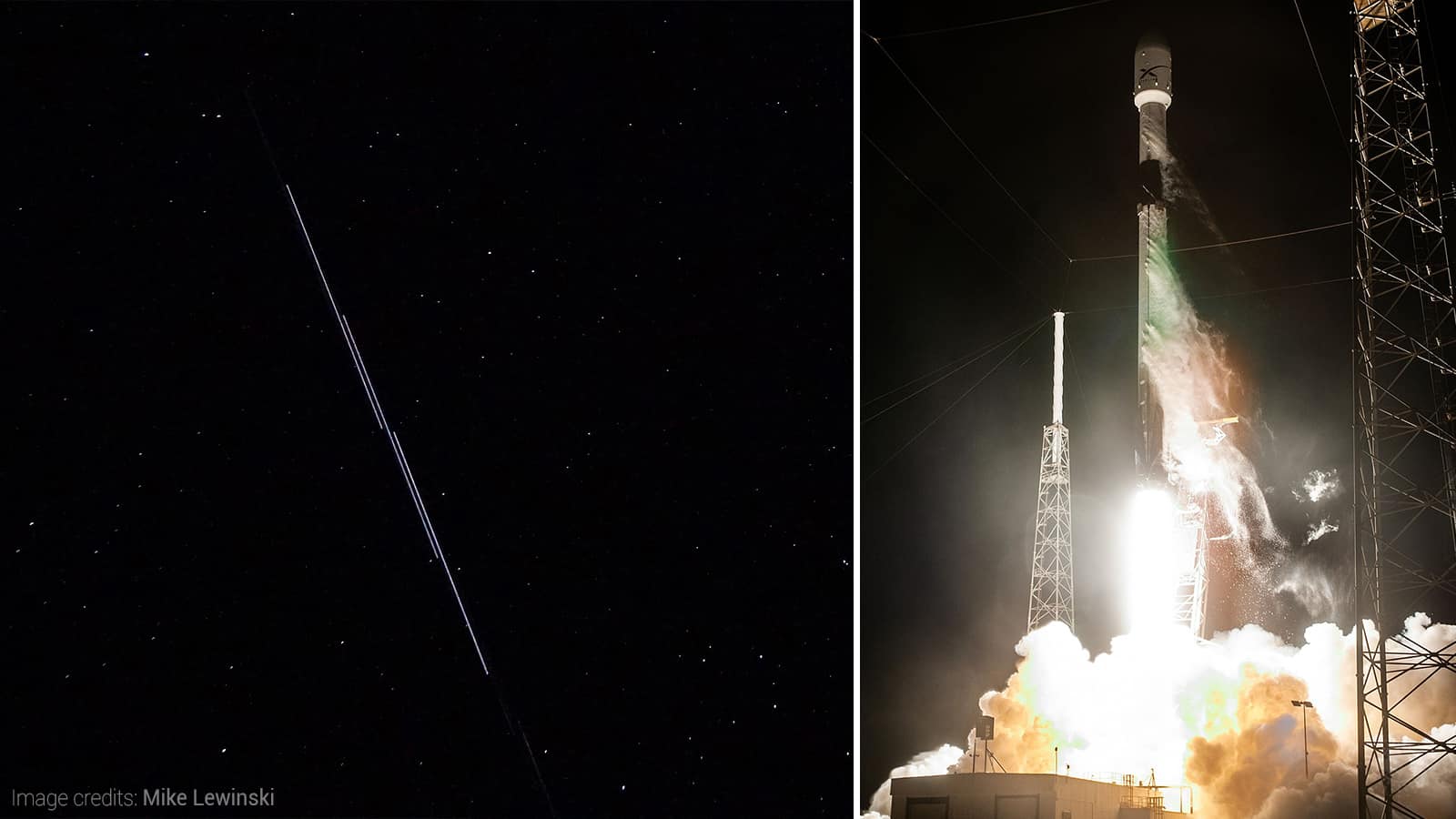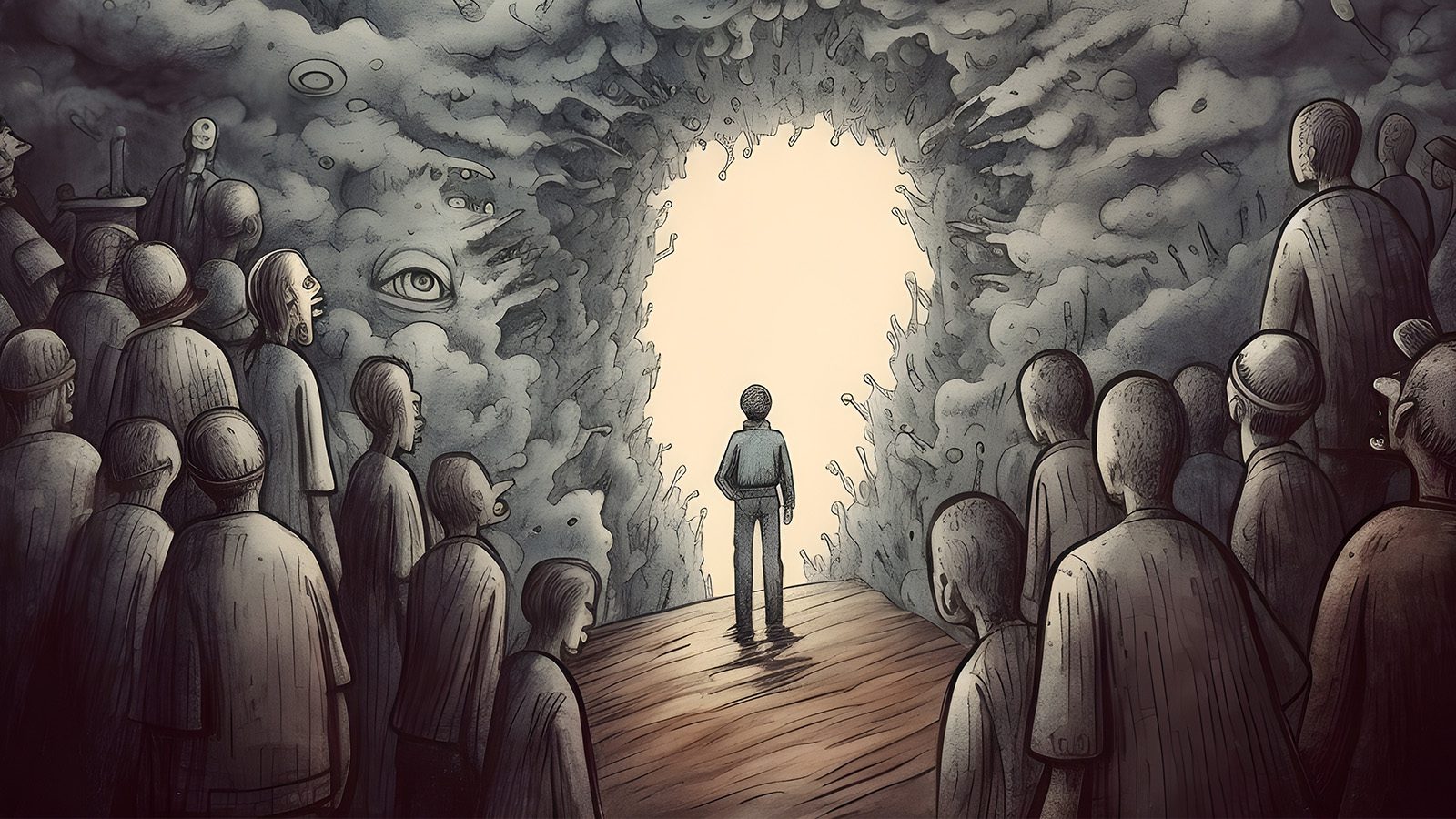A ‘healing forest’ in Washington planted by indigenous incarcerated people helps to revive more than just the land. It gives those in correctional facilities a sense of purpose and reconnects them to nature. Beginning last month, inmates began planting 5,000 native trees on a barren patch of land at the prison. The healing forest will eventually contain 36 species, including medicinal plants.
The project was spearheaded by Ethan Bryson, a ‘forest maker’ for US conservation and app SUGi, which focuses on community reforestation. When he saw the desolate landscape, he saw the potential for something amazing. Knowing that incarcerate people need rehabilitation while in jail, he realized the land could become their medicine.
So, he transformed a patch of land at the Yakama Nation Correctional and Rehabilitation Facility into a flourishing forest. While he had the idea, the inmates really put it into action. So far, the project seems to have a positive impact on those in the correctional facility.
One prisoner said: “You know, I am going to be able to come by here and show my kids that I did that. It feels great. It makes my heart feel good.”
Other indigenous members of the community agree that the healing forest benefits everyone involved.
“Our identity lies within these plants,” said caseworker Marylee Smunitee Jones, a member of the Yakama Nation who helped lead the project. “They show us that it’s OK to be unique, that we all have our own medicines, and that the healing forest is needed – it’s needed very much.”
As all humans require nature to thrive, it’s easy to see why the project is so successful.
“Part of the philosophy is to bring a type of rehabilitation program to our inmates that would get them out of the detention facility,” said Chief Vernon Alvarez, a member of the Shoshone-Bannock Tribes of Idaho and Chief of Yakama Nation Corrections.
The healing forest restores harmony to indigenous inmates and the land they tend
SUGi’s global community of Forest Makers finds that the Miyawaki method of planting yields the best results. This technique which began in Japan, involves planting diverse species close together. SUGi’s founder, Elise Van Middelem, says that native forests are “30 times denser, capture 16 times more carbon and are 100 times more biodiverse than conventional tree plantations. We’ll begin with 5,000 trees planted in two phases, and within two years, the forest will be self-sustaining.”
This method of planting also benefits the growth rate of the forest.
“It was discovered that, by planting the trees in close proximity and through the community of the roots communicating, and the microbiology thriving, the trees will grow 10 times faster,” said Ethan, who also founded Natural Urban Forests.
A jail in Rio de Janeiro, Brazil, attempted to rehabilitate inmates by allowing them to plant trees as well. Officials say that including them in reforestation projects resulted in less violence in packed jails. The project also provided inmates with new skills they could use upon their release. As Brazil has the world’s third-largest prison population, tree-planting projects could make a huge difference.
Even though enormous efforts have been made to plant trees, deforestation continues at a worrying pace. Last year, nearly 12 million hectares of tropical forest disappeared thanks to human activities. This equates to a football field of forest every six seconds. If nothing changes, total global tree cover could shrink by 223 million hectares by 2050, according to Science.
However, the World Economic Forum launched the 1t.org platform at the yearly meeting in Davos in January 2020. This project encourages a global effort to plant one trillion trees by 2030. Reforestation projects supported by 1t.org include the Great Green Wall in Africa and restoration efforts in the Amazon Basin.
“With the right attention, we can nurture a barren space to become a model of natural diversity and abundance. The way we treat the life around us is a reflection of ourselves. For the long-term wellbeing of our planet and ensuring healthy communities, we need to care for life in the soil and enliven the return of nature’s bounty,” said Ethan.
The project in Washington helps to rewild the world, one tree at a time
The healing forest spans 1400 square meters, according to the project website. Ethan hopes that the reforestation project “will teach the wisdom of the old ways, in which individuals live in balance with themselves, their neighbors, and the natural world. Illness happens when this harmony is broken.”
Ultimately, he believes the forest will bring “harmony to body, mind, and spirit, and to relationships with family, community, and nature.”
Not only will the forest repurpose native species, but it will also provide habitat for bird and butterfly migrations. The medicinal herbs growing in the forest can also help the community heal naturally.
What will the indigenous program participants grow?
Herbs planted in the forest will include the following:
- stinging nettles for pain relief;
- tree moss for overall health;
- huckleberry leaves for stomach pain/nausea;
- pine needle tea for digestive health; and
- yarrow for wound-healing
Trees and shrubs planted in the forest will include Black Cottonwood, Scouler Willow, Trembling Aspen, Wild Rose, Buffalo Berry, Native Blackberries, and Huckleberry.
This isn’t the first time Washington has turned to incarcerated people for help with conservation projects. In 2009, inmates at the Stafford Creek Prison helped cultivate endangered prairie grasses to conserve wetlands in Washington.
Final Thoughts: Indigenous people in Washington state heal by reconnecting with the land
A reforestation project envisioned by a forest maker for SUGi became a huge success. Not only did the project restore 5,000 trees to the barren land, but it also revived the spirits of the inmates. Instead of spending all their time inside the prison walls, they got to reconnect with the land and become part of something greater.
Perhaps this project will gain traction with more prisons across the world. The future of our Earth depends on the actions we take today. We can only begin to heal as a collective when we treat each other and the planet as equals.

















